What is the difference Between University and College?
When you finish school and want to continue studying, knowing the difference between colleges and universities can be confusing. To help you understand better, we’ve made a clear list that explains the main differences between these two types of schools. Knowing these differences will help you better choose your future studies, ensuring you pick the right place that fits your educational goals and needs.
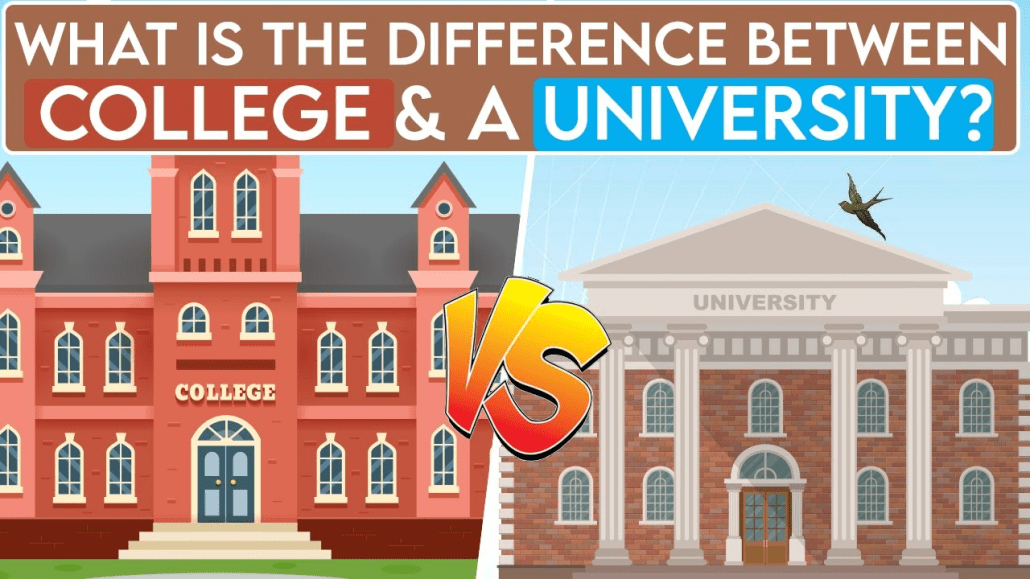
Colleges are usually smaller than universities. This means they might not have as many research opportunities for students. In contrast, a university is big and can have many colleges within it or nearby. Universities offer a wide range of subjects, including arts, music, and architecture.
At colleges, you can usually get undergraduate and associate degrees. But universities have more options. They have many departments and offer undergraduate, master’s, and even Ph.D. degrees. Going to a college might cost less than going to a university because universities have more facilities and programs.
Some universities have medical or law schools, but not all. Also, while colleges may not have certain professional programs, universities often offer combined programs. This means students can finish their bachelor’s and master’s degrees faster at a university. In simple terms, universities have more choices and programs because they are bigger than colleges.
| Parameters | College | University |
| Size | Smaller in size | Larger in size |
| Courses | Courses are limited to undergraduate studies. | Courses vary from graduate-level studies to professional courses. |
| Budget | Due to the limited space and facilities, the fee structure is usually lesser compared to a university. | Due to multiple facilities and programs being offered to students, universities are deemed more expensive. |
| Degree | Offers student undergraduate and associate degrees. | Offers students postgraduate degrees leading to a master’s degree or a Ph.D. |
| Facilities | Due to the restricted space, the facilities provided are limited. | The large size of the university |
What Is a College?
In comparison to universities, colleges frequently have smaller student populations, more personal campuses, and fewer program options. These schools are mostly private and receive very little or no state funding. As a result, many colleges give less weight to research initiatives and may even be strongly religious.
Community, vocational, and technical colleges can also be included under the term “college.” Most of these institutions only grant associate degrees and certificates, though a small number also grant bachelor’s degrees. How Do Colleges Work?
Most people probably picture four-year institutions with small class sizes, low student-to-faculty ratios, and undergraduate-focused programs when considering colleges. For instance, liberal arts colleges emphasize the value of studying various academic subjects as part of their comprehensive approach to education. Other colleges, however, might offer programs in just one field, like engineering, graphic design, or the visual arts.
Vocational and technical colleges are educational institutions that offer specialized professional training. These are intended to appeal to a small, specialized group of students interested in a single industry.
Because there is already a university by the same name, some colleges, which are technical universities, choose to call themselves colleges. As an illustration, even though the College of Charleston’s name contains the word “college,” it is a public liberal arts and sciences university.
What Is a Liberal Arts College?
The education students receive at liberal arts colleges is diverse rather than concentrated in a single academic field. Usually, the humanities, math, and the arts are offered. Instead of preparing you for a particular job, these colleges give you the transferable skills required to find employment in various industries. Despite popular misconception, a liberal arts education does not only emphasize the humanities. Although this subject remains a staple of the liberal arts curriculum, many liberal arts colleges also grant degrees in subjects like music and chemistry.
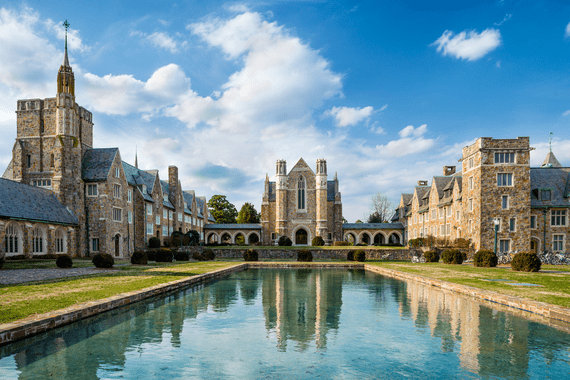
What Is a Community College?
Community colleges, or junior colleges, are two-year institutions that primarily grant associate degrees and certificates. These schools are renowned for their reasonable tuition, intimate class sizes, and more personalized learning environments.
Before transferring to a four-year university to pursue a bachelor’s degree, many students opt to finish their general education requirements at a nearby community college.
Numerous community colleges, such as Hutchinson Community College and Ridgewater College, uphold nationally renowned accreditation and program pathways to ease the transition from high school to university.
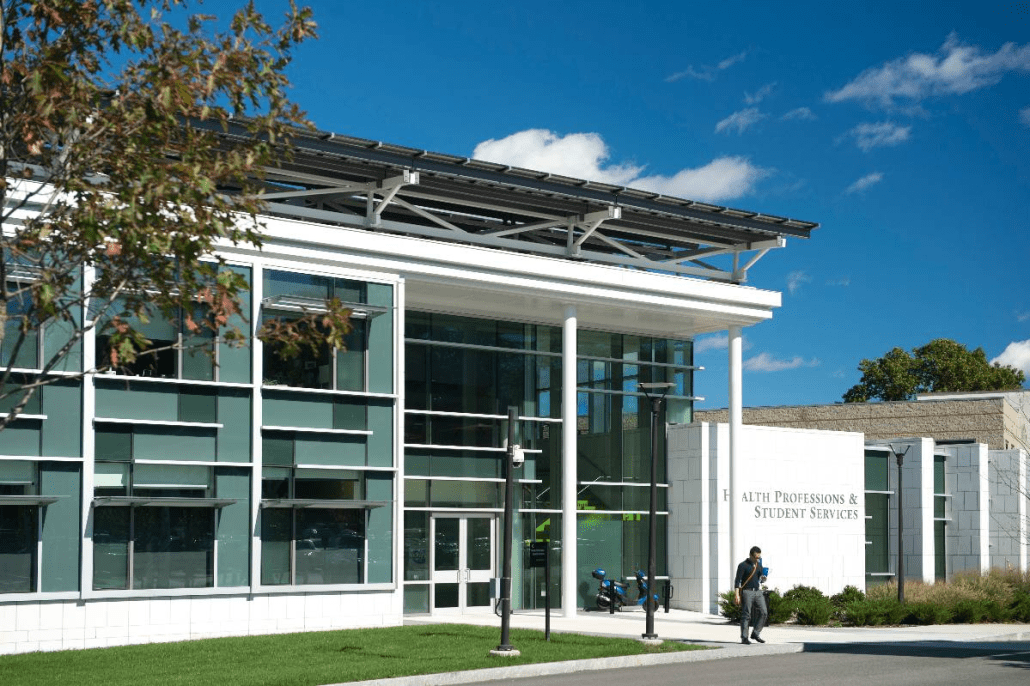
What Is a Technical/Vocational College?
Trade schools are two-year colleges that offer specialized training for particular career fields. Technical and vocational colleges are also referred to as trade schools. These schools are renowned for their challenging curriculums, intimate campuses, and affordable tuition.
As opposed to requiring general education courses, trade schools exclusively concentrate on developing the skills and knowledge required for a particular trade. Technical college graduates frequently receive associate degrees, whereas graduates of vocational colleges typically receive certificates, even though both technical colleges and vocational colleges have similar skills-focused curricula. The majority of trade schools are for-profit, private institutions, but some, like Wisconsin’s Western Technical College, have ties to community colleges and are therefore considered public schools.
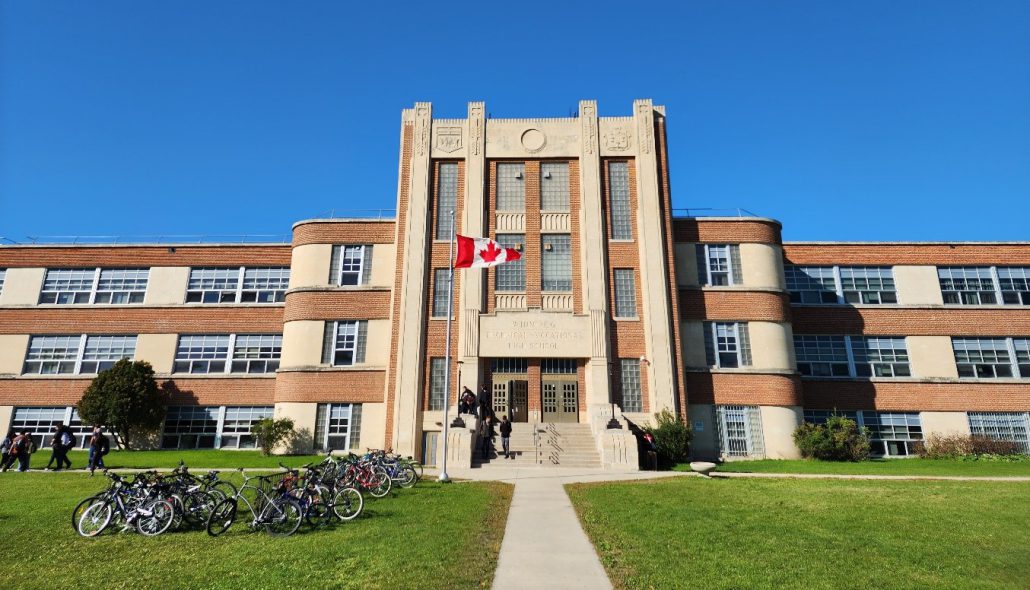
Pros of Colleges
- Colleges typically devote more time to teaching undergraduate students and less time to conducting research.
- The tuition for community colleges is much less than that of a four-year university, making them significantly more cost-effective options.
- In addition to finishing their general education requirements, students at two-year colleges have more time to think about their degree options.
- Smaller class sizes enable faculty to provide more individualized instruction and support.
Cons of Colleges
- In comparison to universities, two-year colleges typically have more constrained curricula and a smaller selection of courses and programs.
- Small community colleges frequently struggle with issues relating to student engagement in the classroom and a lack of diversity.
- Small liberal arts colleges might be more expensive than large universities and frequently offer less financial aid.
- Smaller universities may not have the same resources, diversity of students, or academic offerings as small colleges.
What About Colleges Within Universities?
Different programs of study are frequently divided into subsets of colleges at large universities. For instance, each of the nearly 20 colleges at Michigan State University maintains its facilities, research centers, and societies open only to students in that department.
Similarly, some undergraduate institutions, like Harvard College, are housed within the larger organization—in this case, Harvard University—but were established before the university.
With these designations, prospective students may need to apply to a specific college rather than the university for the program they want to pursue, like nursing. This is primarily because more competitive programs are scarce and have specialized curricula.
Students studying similar subjects and having similar interests tend to feel more a part of an academic community in colleges and universities.
Is University better than college?
Students should consider several factors when deciding whether to attend a university or college. Compared to small colleges, which promise a close-knit community and more personal learning environments, large universities provide an infinite variety of academic pathways, people, and resources.
Vocational and technical schools may be the perfect choice for those who want to avoid wasting too much time in general education classes and enter the workforce as soon as possible. Although the cost of trade school should be considered, full-time students can typically complete career-specific certificates in less than two years.
Learners drawn to the traditional college experience may feel more at home at a large university or small liberal arts college because of the rich campus environments and diverse student bodies.
Students on a budget who want to earn a bachelor’s degree might think about starting at a two-year university. Finishing general education requirements before transferring to a four-year university is still incredibly affordable, and can save you thousands of dollars.
However, starting at a community college might not be the best option if you’re concerned about maintaining interest in your studies and would feel more productive in a buzzing university environment.
The pros and cons of each type of higher education institution are listed below. You must choose the option most closely fits your personality, interests, and financial and professional objectives.
Frequently Asked Questions: Difference Between University and College
In Canada, no Universities and colleges operate differently. Universities in Canada offer a wide variety of UG, PG, and Ph.D. programs, whereas colleges in Canada only offer diploma programs and have a shorter study period. The length of the course is what determines how long you study.
Depending on the course you decide to take. Applying to a Canadian college is preferable to improve the necessary skills for your job. Applying to a university in this country is preferable if you want to pursue a Canadian degree.
No program, whether one is pursuing a college or university degree, is simple. It entirely depends on the program.
Canadian colleges charge lower tuition than American universities do. The typical fee schedule ranges from 2,57,000 INR (4,200 CAD) to 49,00,000 INR (80,000 CAD) annually.
Some of the top universities in Canada for foreign students include University of Toronto, University of Alberta, University of Calgary, and Western University. 5- Which Canadian universities are the best for international students to attend?

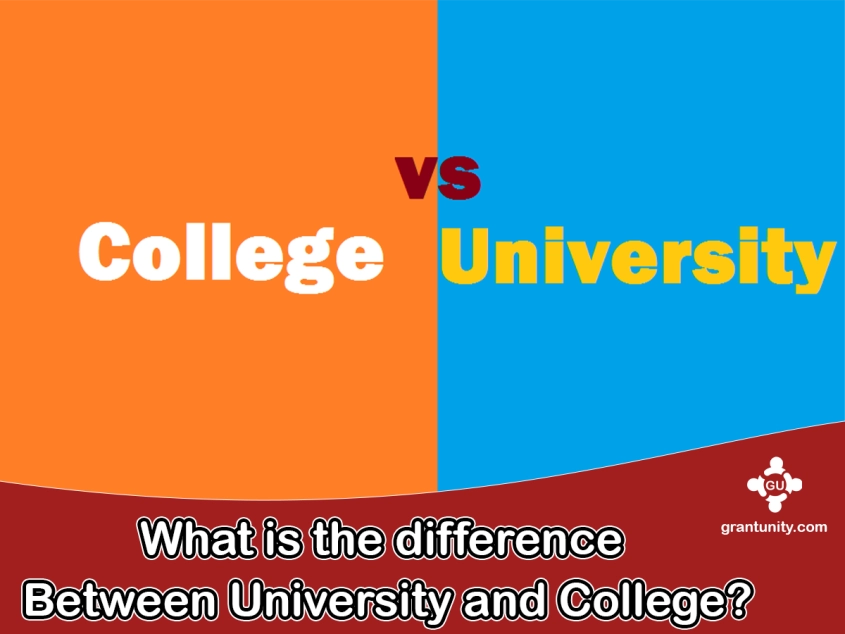






Leave a Reply
Want to join the discussion?Feel free to contribute!